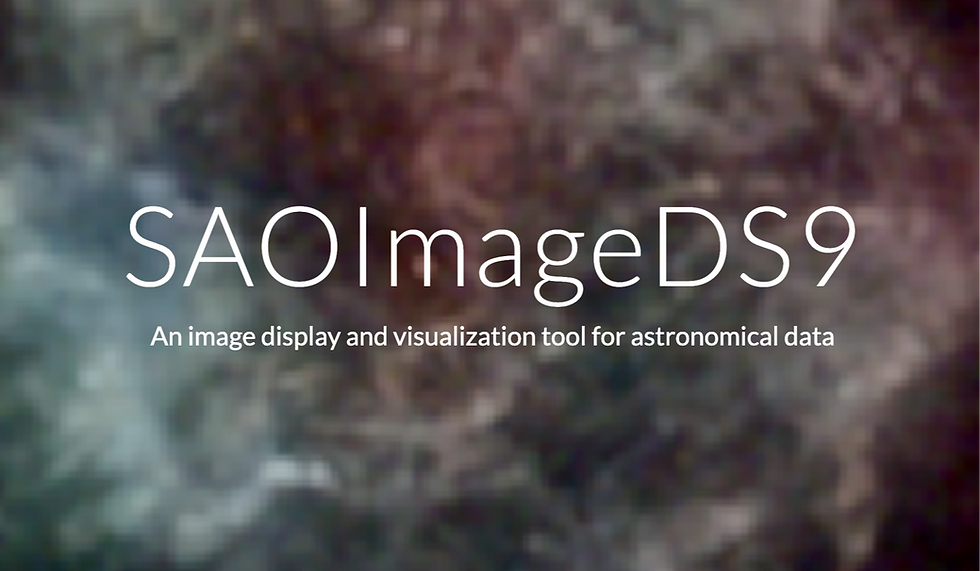The internet can affect your funding for science
- Stephane Werner

- Dec 9, 2022
- 3 min read
I will start this post with a sad story. In the last four years, the Brazilian government cut millions of dollars that were supposed to go to science and education. This week, it got to the point that the universities didn't have money to pay bills, such as light. These cuts affected the life of ~200,000 graduate students, who received the notification that they would not receive the money for their scholarships this month. People needed the money for basic things: food, bills, and transportation. How were these people supposed to survive without this money? People that work hard every day and cannot have another job in parallel - because the contract says you cannot have another profession. Another point is that if you give up in the middle of your PhD, you will have to give the whole money back, all the money they gave you since the start of your PhD. In my opinion, this is insane. Imagine working in a company, and if you decide to leave, you have to return all the money they gave you! If you work, you have to be paid for it, and it does not make sense to give the money back since you worked during that time, which should be more than enough.
The case started to get people's attention on the internet when professors, students, journalists and influencers began to talk about the issue - including my astro-colleagues, science outreach colleagues and me. We spent the whole day sharing each others posts and creating content to get people's attention to the situation. We were desperate for help. Personally, I am doing a PhD abroad, and I was not directly affected by the cuts. However, it is important to do what I can to improve science and education in Brazil. That's where I grew up and learned most of the things I know so far. I have a considerable number of followers, and I have the feeling that I should do what I can to improve education in my country. Also, close friends were affected by the situation, and I felt really bad for them. This situation affects their mental health, and something that is already difficult - a PhD - is even harder due to the lack of money.
At some point, the hashtag #PagueMinhaBolsa, which means "pay my scholarship", got viral and was one of the TOP trends on Twitter this week. I show below a figure with the main accounts involved - you can see my little name there as stephanevw. A few of the biggest names in the graph are student organisations, which shows the importance of organising student groups to fight for their rights.
On one side, people say that graduate students "only study" and should not be paid for that. There were comments such as "go get a job". Clearly, part of the population had no idea about what graduate students do. Due to that, students and professors created Twitter threads to explain that graduate students actually work and they are scientists. Doing a PhD is a job, and it is extremely hard.
On the other side, many people were trying to help the case. People who sometimes were not directly affected by the cuts have empathy for others. This story reached big influencers and got the media's attention. Most of the press talked about the money cuts in a few hours.
The story starts with a sad beginning but ends with a happy ending. The government went back on its word and released the money for the scholarships again. The popular pressure was worth it, and now students will have their money as it should be. Political decisions affect funding for science, and this is a fact. If you have no money invested, in practice, it's impossible to develop new science and technologies. "Stick to the science" that's what people say when scientists have political views and express them on the internet. The government's decisions will literally affect our work. This is an example of how changes can happen with popular pressure. It also shows that the internet is a powerful tool to raise awareness of the need for more money in science and education.





Comments